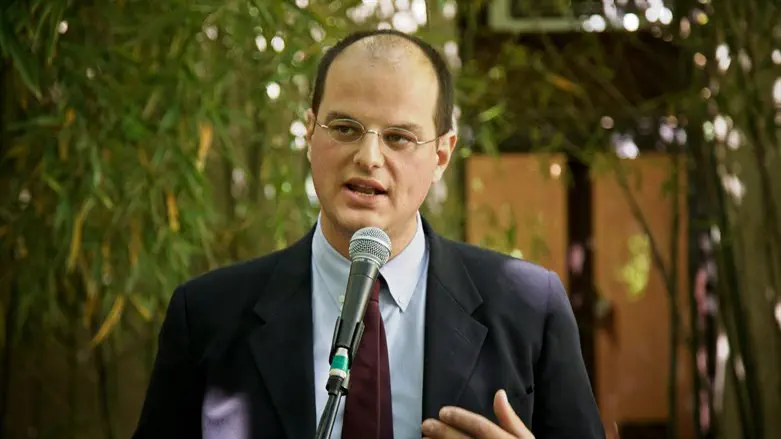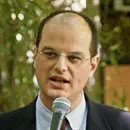
A small town nestled among cow pastures. The café run by a social club, abandoned buildings, only elderly around. So when city council members heard about a program to “rejuvenate” the city, it seemed like a winning lottery ticket.
We are in Brittany, France, but we could be in Italy.
Except that what city leaders saw as an opportunity for rejuvenation, for others was evidence of a "Great Replacement" of French natives. The theory of the "Great Replacement" came to Renaud Camus during a visit to one of these small country towns, Vémars, in the Val d’Oise, at the home of François Mauriac. Camus saw the suburbs with veiled women, the aesthetic change of the province.
In a very short time, Callac, a town of 2,200 inhabitants, ended up at the center of national attention and became the scene of protests for and against the plan. Callac's story is also on the front page of the New York Times.
Today, half of Callac's inhabitants are retired. Just about ten children are born every year. The largest employer is the local nursing home. A stroll downtown reveals dozens of empty shop windows, where florists, dry cleaners and photographic studios once stood for weddings that are no longer celebrated. The latest dental practice announced its closure in July.
In 2016, the matriarch of the "Merci Fund" behind Callac's project volunteered to host an Afghan in the family villa near the Eiffel Tower. Her three children wanted to expand the idea. The Merci fund thus bought the property where the last Callac bookshop closed in August. The eldest son, Benoit Cohen, is a director and author who wrote a book about the experience entitled "Mohammad, my mother and me".
In Raunheim, the town of 14,000 inhabitants on the outskirts of Frankfurt, the first in Hesse to allow the prayer of the muezzin every Friday, Mayor Thomas Jühe of the Social Democrats said at Welt that it is a question of demography: "70 percent of the population of Raunheim are migrants Here we have more Muslims than Christians”.
A part of the population of Callac does not want to end up in the same way. For this reason the citizens of Vierzon, a town in the French Loire, have blocked the sale of a disused church intended to make it a mosque .
We must therefore think of Callac as a microcosm of an immense question of civilization now at stake in Europe. On the one hand, the UN, the European Union, the ships of the German NGOs in the Mediterranean, the mainstream media, and on the other hand those who think that Callac with a minaret, veiled women in streets and halal butchers will not be the same Callac of yesterday, today and (perhaps) tomorrow.
